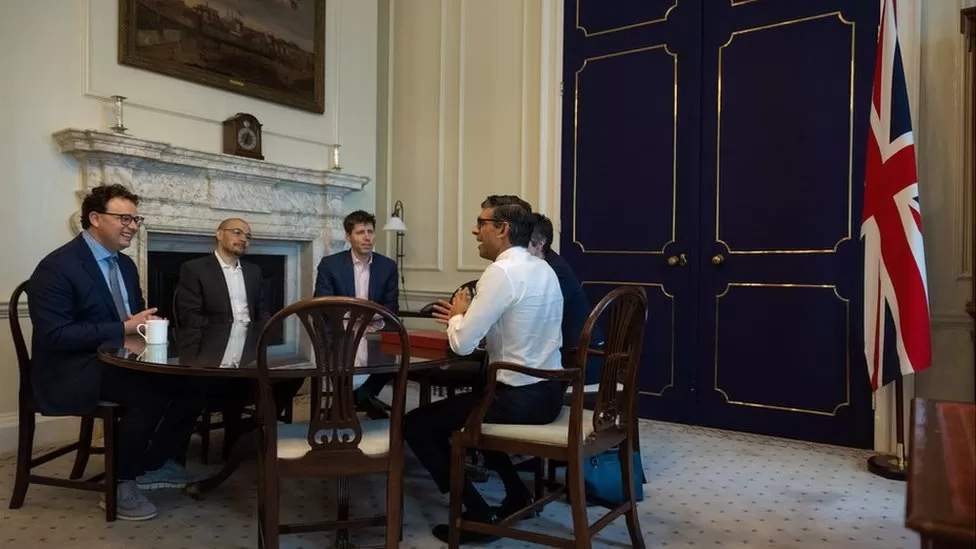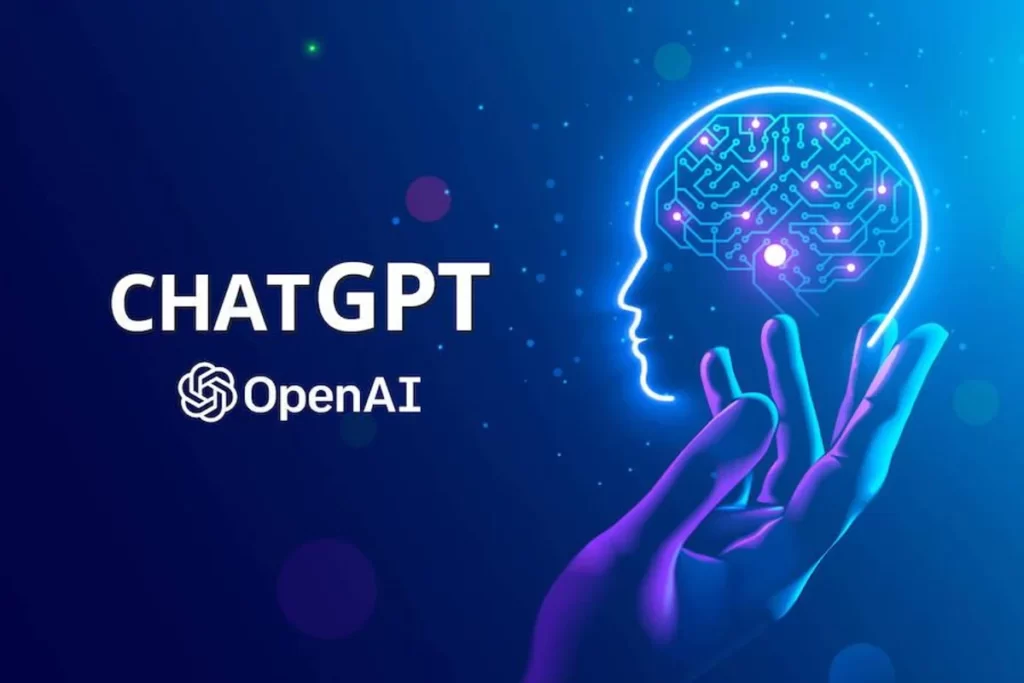The government Of UK has announced that, it would hold a worldwide artificial intelligence (AI) meeting this autumn to assess the technology’s “most significant risks.” However, a series of alarming cautions have been issued concerning the possibility of an imminent danger that AI possess to humanity.

Authorities over the world have been working on enacting new laws to mitigate the danger AI possess. Prime Minister Rishi Sunak disclosed that, the United Kingdom will spearhead initiatives to guarantee that, the advantages of artificial intelligence be “harnessed for the good of humanity.”
“AI has an incredible potential to transform our lives, but we need to make sure that it is developed and used in a safe and secure,” the Prime Minister explained.
Although, the summit’s attendees are unknown, but the government stated that it would “bring together key countries, leading tech companies, and researchers to agree on safety measures to evaluate and monitor the most significant risks from AI.” Speaking to media in Washington, DC, the Prime Minister stated that, the UK is the “natural place” to steer the discourse on AI.

Downing Street pointed to the Prime Minister’s previous talks with CEOs of key AI firms as proof of this. It also mentioned the 50,000 individuals engaged in this industry, which is worth £3.7 billion to the UK.
However, others have raised concerns about the UK’s ability to lead in this field. According to Yasmin Afina, a research fellow at Chatham House Digital Society Initiative, the UK “could realistically be too ambitious.”
She believed that, the EU and the US have “stark differences in governance and regulatory approaches” that the UK would find difficult to come to terms with, as well as an array of present global efforts, such as the UN’s Global Digital Compact, that has a “stronger foundational bases already.”

Ms. Afina continued to explain that, the UK has been home to neither of the world’s most innovative AI startups. “Instead of trying to play a role that would be too ambitious for the UK and risks alienating it, the UK should perhaps focus on promoting responsible behavior in the research, development and deployment of these technologies,” she advised.
The Disturbing Concerns About AI

Since chatbot ChatGPT emerged on the market, interest in AI has shot up significantly, due to its capacity to solve complicated questions in a humanly manner,
Moreover, AI has done so because of the enormous processing capacity of systems, which has sparked widespread concern. Geoffrey Hinton and Prof Yoshua Bengio, two of the three so-called godfathers of AI, have been the latest people to issue concerns about how the system they helped design, could have high potential for disaster for humanity.

In May, AI industry experts, notably the executives of OpenAI and Google Deepmind, warned that AI might lead to humanity’s extinction. They provided instances such as, AI being utilized to design the latest generation of chemical weapons. These cautions have fueled calls for a stronger AI legislation, while many uncertainties persist about what that would include, and how it would be implemented.
The European Union has been drafting Artificial Intelligence Act, but even in the most ideal scenario, it could take two and half years to become law. EU technology Chief Margrethe Vestager said, it would be “way too late” and that, the EU has been collaborating on a voluntary code for the industry with the US, which they believed, the act would be completed within weeks.
On the other hand, China has also taken the lead in developing AI rules, including ideas requiring corporations to alert users anytime an AI algorithm is employed. The UK government published their opinions in a White Paper in March, which was criticized for having “significant gaps.”

However, Marc Warner, an official of UK’s AI Council, has suggested a stricter strategy to deal with AI uncertainties. He explained that, some of the more sophisticated forms of AI may have to be outlawed in the future.
According to Matt O’Shaughnessy, the UK could do nothing about the reality, that others have spearheaded the drive on AI regulation, but the UK could still play a significant part. “The EU and China are both large markets that have proposed consequential regulatory schemes for AI – without either of those factors, the UK will struggle to be as influential,” he explained.
READ ALSO: Kegame Reshuffle Military Hierarchy



















